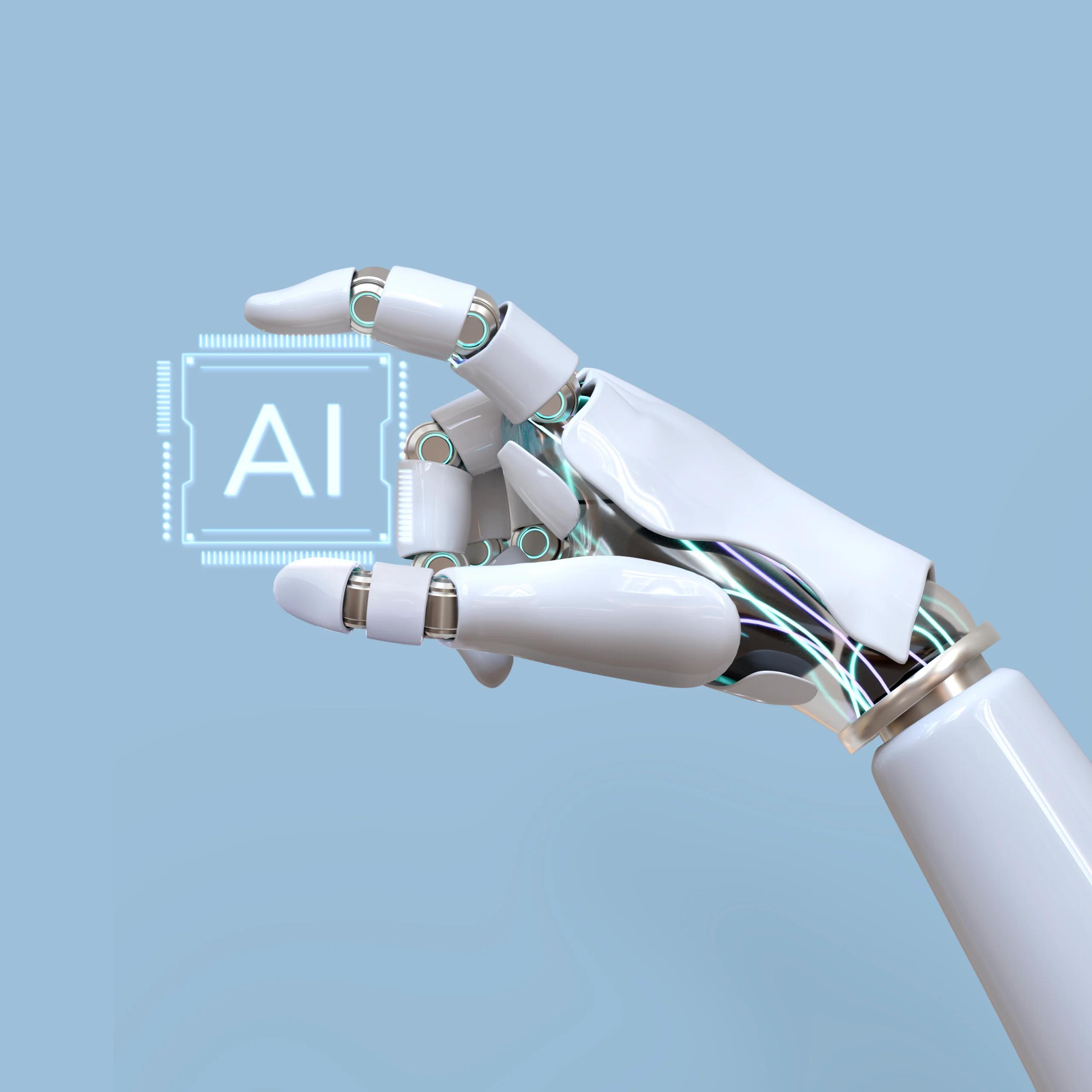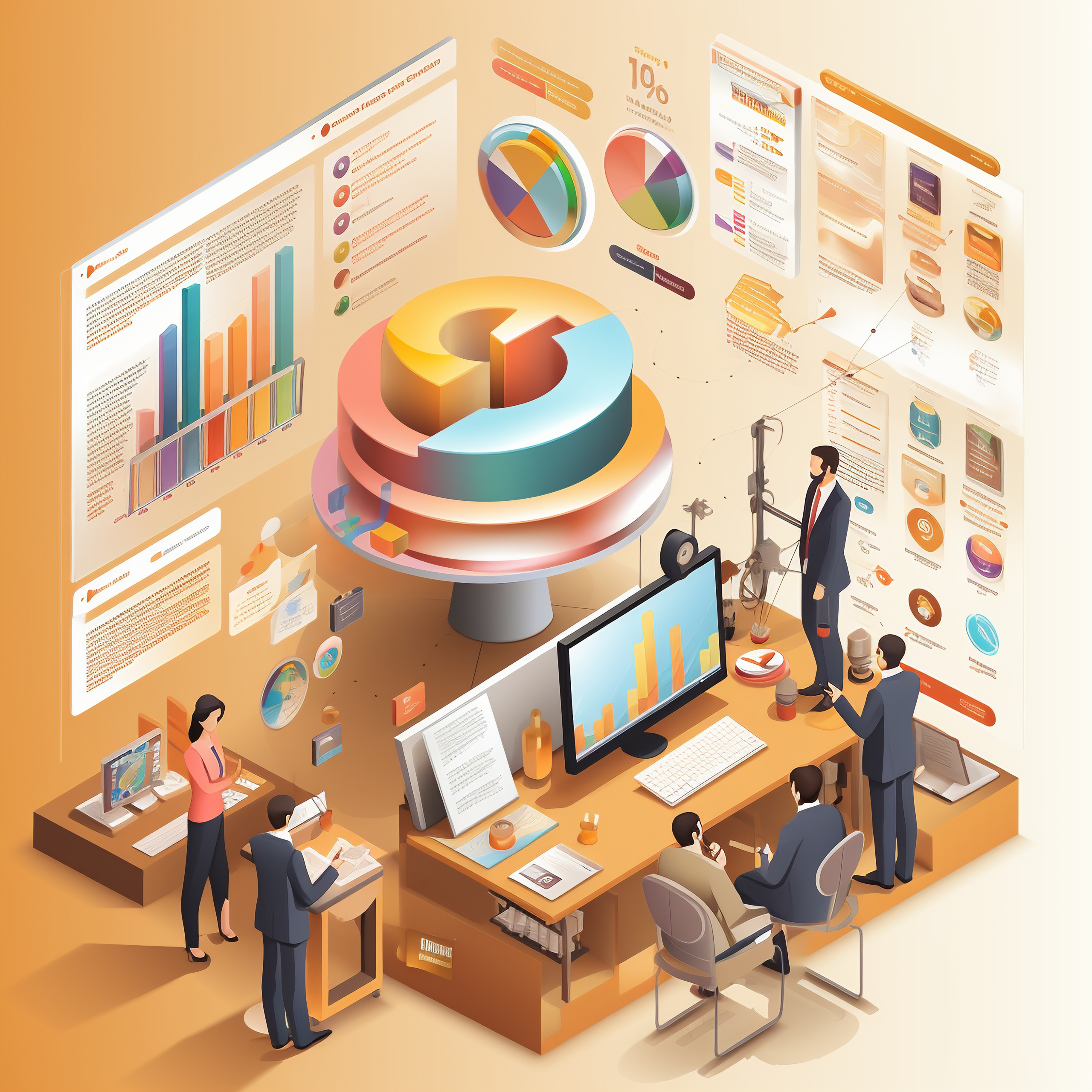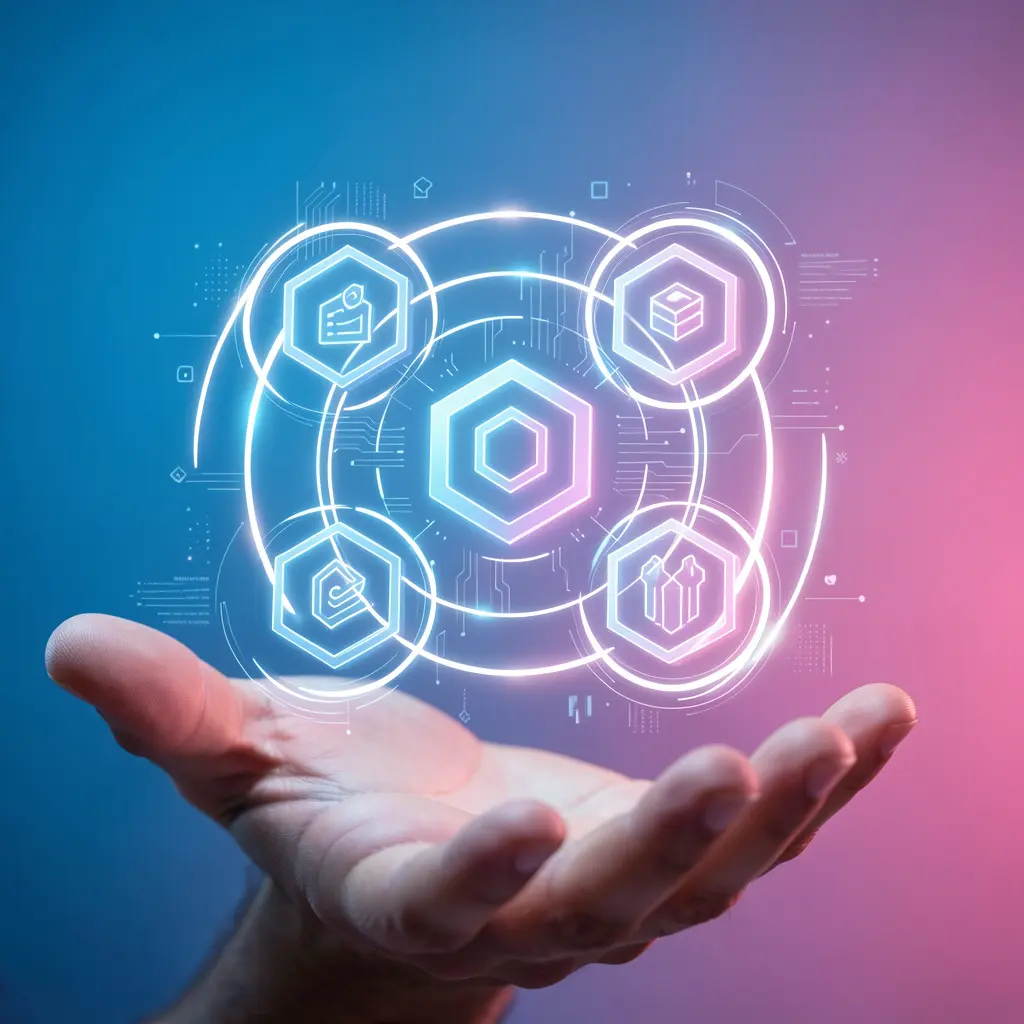AI is shaping the future of HR, and many aspects of our lives, and business operations. From streamlining recruitment processes to enhancing employee engagement and decision-making, AI is reshaping how HR functions.
As technology advances, AI tools are becoming essential in managing and supporting the workforce more effectively. In this article, we will explore the definition of AI, impact of AI in HR, the benefits it brings to both organisations and employees, and what the future holds AI in HR.
What is AI?
In an AI course powered by IBM on Coursera, Artificial Intelligence is described as the application of computing to solve problems in an intelligent way using algorithms.
So what is an intelligent way? Well, an intelligent way may be something that mimics human intelligence. Or it may be a purely computational approach and optimisation approach but something that manipulates data in a way to get not obvious results out.
For us at SeamlessHR, we consider AI as a set of computer systems that can perform functions normally associated with the human brain such as learning, analysing, reasoning, generating content and interacting with the world.
There are two branches of AI; Generative AI and Traditional AI. These are two significant branches that serve different purposes and operate on distinct principles. Understanding the differences between these two types of AI can help clarify their respective applications and potential.
Traditional AI, often referred to as narrow AI or weak AI, is designed to perform specific tasks using predefined rules and algorithms. These systems excel in areas where clear instructions and data patterns are available. Traditional AI can analyse data, recognise patterns, and make decisions based on this information, but it does not generate new content or ideas. Examples are industrial robots and chatbots.

Generative AI on the other hand, is a type of artificial intelligence focused on creating new content and ideas by learning patterns from existing data. It uses advanced techniques such as deep learning and neural networks to generate text, images, music, and other forms of content. Generative AI models are capable of understanding context and producing original outputs that resemble human creativity. Examples are GPT-3, GPT -4 models that generate human-like text and DALL-E, GANs (Generative Adversarial Networks) that create realistic images from textual descriptions.

While both Traditional AI and Generative AI are essential components of the broader AI landscape, they serve different purposes and exhibit distinct characteristics.
Traditional AI focuses on task-specific applications, leveraging data to make accurate predictions and decisions. In contrast, Generative AI pushes the boundaries of creativity, enabling machines to generate new content and ideas.
Impact of AI on HR: How AI is Shaping HR
As the second half of 2024 progresses, AI is transforming Human Resources (HR) by streamlining HR processes from recruitment, onboarding, employee management to exit.
- Without doubts, AI is making recruitment and talent acquisition faster and more efficient. AI tools now quickly screen resumes, and helps hiring managers to find suitable candidates, and communicate with them, drastically reducing the time it takes to hire new employees. At SeamlessHR, this is evident in how we are helping businesses in Africa to reduce time to hire, through an applicant tracking system, embedded in our recruitment management software.
- AI is also enhancing the employee experience by offering personalised career development and training recommendations. Companies like IBM and Salesforce use AI to provide customised learning paths and performance feedback, making employees feel more engaged and supported. Additionally, AI tools help improve employee engagement by offering real-time feedback and recognition, which addresses issues before they become significant problems and improves retention rates.
- AI’s ability to analyse large datasets is impacting decision-making in HR. Predictive analytics can forecast employee turnover, identify skill gaps, and evaluate the effectiveness of training programs. This data-driven approach helps HR professionals make informed decisions that align with organisational goals.
- AI also plays a critical role in compliance and risk management by monitoring adherence to labour laws and company policies, reducing legal risks, and identifying potential issues related to employee behaviour.
Embracing AI in HR ensures that organisations are well-equipped to meet future challenges while fostering a productive and supportive workplace.
Benefits of AI in HR for Both Businesses and Employees
As AI is shaping the future of HR, AI provides numerous advantages for both businesses and their employees. Here’s a look at how AI benefits both sides:
For Businesses
- AI can quickly sift through vast amounts of resumes, identify top candidates, and even schedule interviews. This speeds up the hiring process and reduces the workload for HR teams.
- Automating repetitive tasks such as administrative paperwork and initial candidate screenings reduces operational costs and allows HR professionals to focus on strategic initiatives.
- AI can analyse large datasets to forecast trends, such as employee turnover or training needs, enabling proactive measures and more effective workforce management.
For Employees
- AI can tailor career development plans and training recommendations based on individual performance and preferences, helping employees grow in their careers.
- AI tools can provide real-time feedback and recognition, helping employees feel more valued and motivated in their roles.
- AI can assist in managing workloads and scheduling, making it easier for employees to maintain a healthier work-life balance.
The Future of AI in HR: A Glimpse into Tomorrow
AI is shaping the future of HR, and the future of AI in HR promises enhanced efficiency, personalised experiences, and data-driven decision-making, transforming how organisations manage their most valuable asset—people.
- Automated Recruitment and Talent Management: AI is set to impact recruitment by automating tedious tasks such as resume screening, initial candidate communication, and interview scheduling. Advanced AI algorithms can sift through vast amounts of data to identify the best candidates quickly and accurately.
This automation not only accelerates the hiring process but also helps HR professionals focus on strategic aspects like candidate experience and organisational fit. Additionally, AI-driven tools will enhance talent management by providing insights into employee performance and potential, enabling more informed decisions about promotions, development, and succession planning.
- Personalised Employee Experience: The future of AI in HR will bring a more personalised approach to employee development and engagement. AI systems will analyse individual performance metrics and preferences to offer tailored career development plans, training programs, and wellness initiatives.
This personalised approach is expected to boost employee satisfaction and retention by aligning opportunities with individual career goals and personal interests. AI-powered feedback systems will also provide real-time insights into employee performance, allowing for immediate recognition and support, which contributes to a more motivated and engaged workforce.
- Data-Driven Decision Making and Compliance: AI’s capability to analyse large datasets will enhance decision-making in HR by providing predictive analytics and actionable insights. Organisations will be able to anticipate trends such as employee turnover, skill shortages, and training needs, allowing for proactive measures rather than reactive solutions.
Additionally, AI will improve compliance and risk management by automating the monitoring of labour laws and company policies, thereby reducing the risk of legal issues and ensuring adherence to regulations.
In summary, AI is shaping the future of HR and sets to transform HR by making processes more efficient, personalising employee interactions, and providing valuable data-driven insights. As AI technology continues to evolve, its integration into HR will lead to a more streamlined, responsive, and employee-centric approach to managing human resources.






